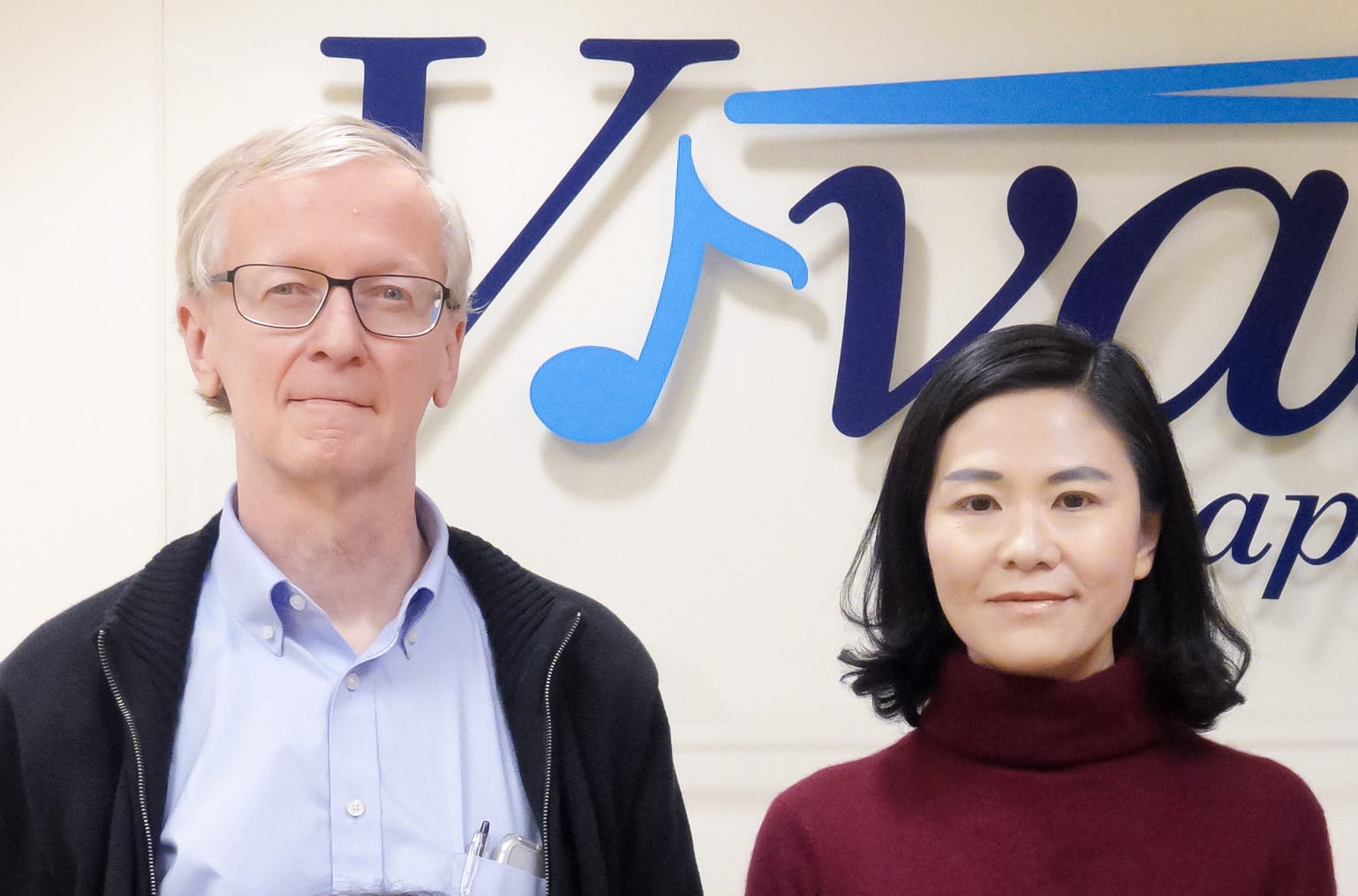
Len Post and Sofie Qiao (Vivace)
Vivace Therapeutics scores $30M Series C to take oncology candidate for 'Hippo' pathway to human trial next year
Named for the Italian term indicating a piece of music should be played at an upbeat and lively tempo, California-based Vivace Therapeutics seems to have …
Sign up to read this article for free.
Get free access to a limited number of articles, plus choose newsletters to get straight to your inbox.